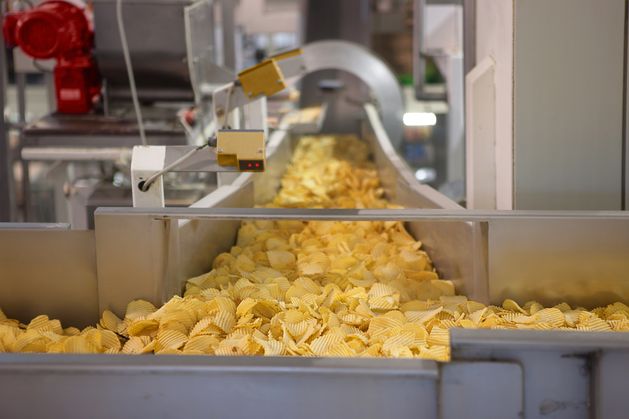Bussiness
Crunch time looms for smoky bacon crisps as EU bans potentially cancerous flavouring

So it is little wonder there has been protest at a decision by the European Commission to ban some forms of smoke flavouring, impacting not just crisps but also some meats such as ham.
Source of concern
The EU decision is based on public health advice. It is banning eight smoky flavourings used in food products due to potential cancer risks.
It has failed to renew market authorisations following a European Commission report that concluded that “artificial smoke flavourings carry cancer risks due to how the flavour is extracted”.
We know smoking is a method traditionally used to help preserve certain foods such as fish, meat, and dairy products. And it also changes the flavour of foods. As an alternative to traditional smoking, smoke flavourings may be added to give the flavour.
Worst-case scenario
The experts could not rule out concerns regarding genotoxicity for any of the eight smoke flavourings. Genotoxicity is the ability of a chemical to damage the genetic material of cells, with a risk of cancer.
The Food Safety Authority of Ireland said yesterday it was of the view the decision to not renew the authorisation of these smoke flavourings was necessary to ensure the protection of consumer health.
Ireland voted in favour of the European Commission proposal and the watchdog supported this position.
Safe levels
The Commission cannot say what a safe level is, or how many bags of crisps people can eat, instead going for a blanket approach. It said the likelihood of these effects impacting a consumer depended on various factors, including their genetics and dietary habits.
The chance that such harmful effects would occur as a result of consumption of the foods that were flavoured with smoke flavourings was not investigated.
It said it was taking a conservative approach to its assessments, meaning that “we consider worst-case scenarios to estimate hazards and risks”. It added that a balanced diet generally reduces the likelihood of exposure to food risks.
Timeline for ban
The ban is being phased in, so for processed foods such as crisps, soups and sauces, manufacturers are required to find alternatives within two years.
For traditional foods such as hams, fish and cheeses that use these smoky flavourings as a substitute for traditional methods, the timeline is five years.
Industry objections
The decision led to warnings of economic harm by companies such as the Kerry Group in Ireland. However, the five-year lead-in for foods such as hams means there is some breathing space to find alternatives and new ingredients.
Smoky bacon border
One of the unusual knock-on effects is that there will be what is termed a “smoky bacon border” between Northern Ireland and mainland UK. Northern Ireland continues to follow hundreds of EU rules.
But post-Brexit, the rest of the UK can follow its own path. The flavours cannot be used in foods in the North but will be permitted in the rest of the UK, unless it also enforces a ban.










